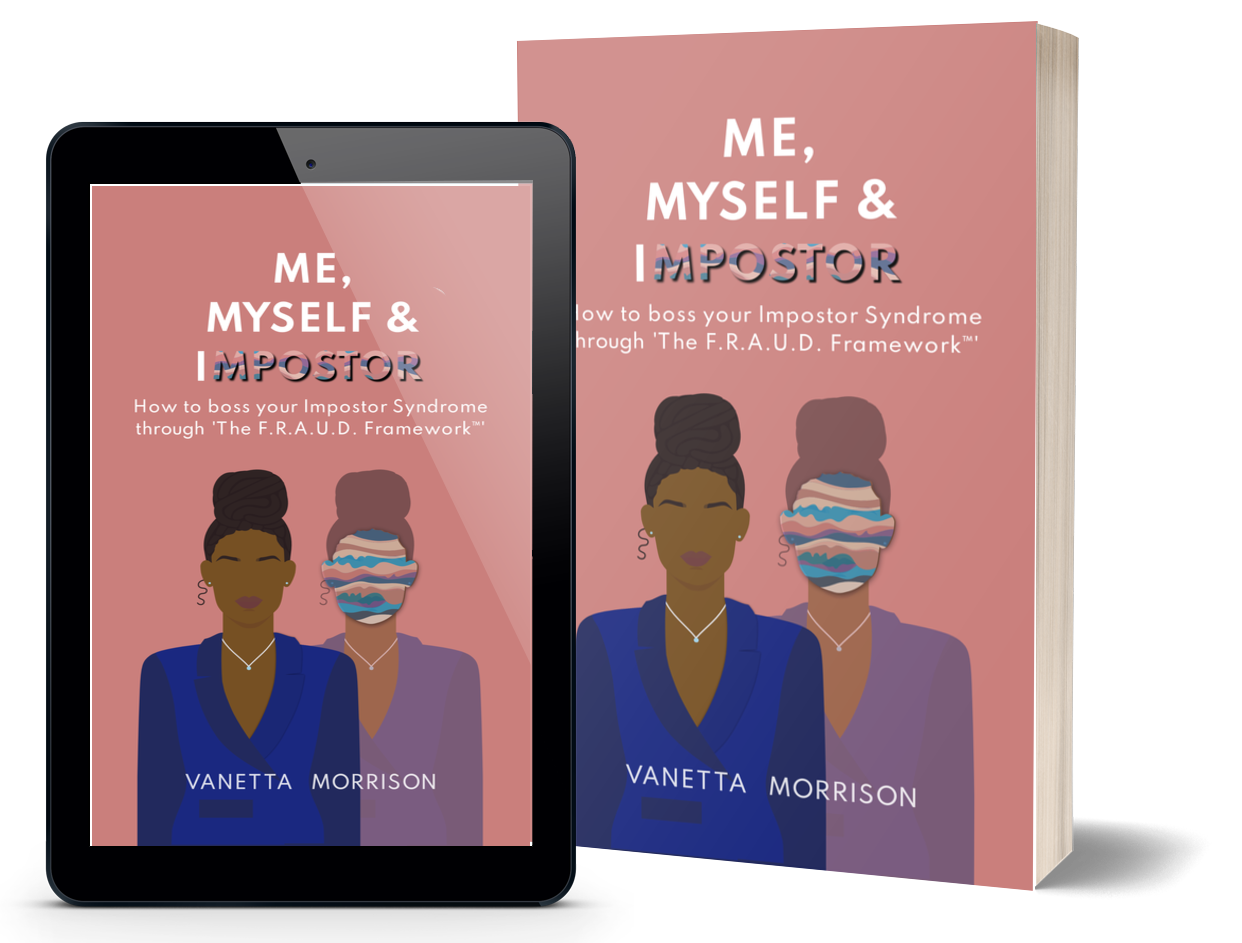Imagine this: two people are caught in a snowstorm which keeps them stranded in their separate homes with no electricity. One person had already done a bulk food shop, had a stack of wood already chopped and stored for the wood burner, had full batteries in their torches and spare blankets for the cold.
The other person decided not to prep for a storm, despite living in a snowstorm prone area. Instead they believed they would just ride it out whenever it came.
After a few days, who do you think will be doing better? Of course, the one who prepared.
The thing with freak weather is, we have mostly found reliable ways to predict it and prepare for extremes.
That is not at all the case with loss.
We can’t predict when loss in any of its forms will come to us, but we can prepare ourselves to be in a better position to deal with it.
Benjamin Franklin once famously said: ”… in this world, nothing can be said to be certain, except death and taxes”. We all know how costly it can get when we intentionally or unintentionally mess up our taxes, so we invest in accountants or have our taxes automatically taken care of when we are employees.
Yet, we don’t seem to have the same care or proactivity when it comes to us dealing with death, grief and loss.
In fact, some of us try to avoid even thinking about it until it becomes unavoidable. We can’t predict when loss in any of its forms will come to us, but we can prepare ourselves to be in a better position to deal with it.
That doesn’t mean the loss is less painful, but it might be less traumatising. So, here are some things we can focus on gifting ourselves when loss robs us of someone or something we love:
1. Gift yourself permission to feel
Gift yourself permission to feel the loss. Don’t think that you have to bottle it up and wash off your face for the sake of social expectations.It’s okay to feel broken when something heart-breaking has happened.
Allow yourself to not be okay if you’re not okay.
In this day and age with average paid bereavement leave being 3 days, it isn’t surprising that we often don’t give ourselves enough time to grieve after the death of a loved one. Yet, we all know it isn’t really realistic to expect us to function well when our whole world just got devastated. We need time – not because time itself is a magical cure, but because it allows us to process and come to terms with our loss.
And now is as good as ever a time to mention loss does not only happen when someone physically dies – there are a variety of ways we experience it. Which makes things even more complicated because most HR policies only cover bereavement or family emergencies.
But what happens when we are grieving one of the below losses?
- Divorce or relationship breakup
- Loss of health for self or loved ones
- Losing a job
- Loss of financial stability
- A miscarriage
- Retirement
- Death of a pet
- Loss of a cherished dream
- Loss of a friendship
- Loss of safety after a trauma
- Children leaving the family home
- Selling the family home
Allocate a daily ‘grief time’
A good way of giving yourself permission to feel when you can’t just take time off work, or the time off is not enough is by allocating a daily ‘grief time’ – 15 to 20 minutes you spend by yourself allowing yourself to feel, cry, meditate, pray, write, draw. Whatever non-destructive way you need to express the grief.
Be patient with yourself and don’t be ashamed of how long it might be taking.
You also need to give yourself permission to feel if you don’t want to cry. You might feel relieved or hopeful as a consequence of loss – let that be your reality.
2. Gift yourself forgiveness
forgive yourself for letting the dead down, and forgive yourself for letting the living down
Gifting yourself forgiveness touches on forgiving yourself in 2 areas: forgive yourself for letting the dead down, and forgive yourself for letting the living down.
Whether your loss is related to losing a relationship or resources, chances are you might be blaming yourself for big or little things that you did wrong while either was still available to you. You need to stop it. Blaming yourself doesn’t bring them back and keeps you trapped in your past mistakes. What you need to do is find a way to forgive yourself and use any mistakes made as motivation to do better in the future and as examples of what not to do moving forward.
Now unto forgiving yourself for letting the living down. Let’s face it – when dealing with grief it can get so overwhelming our polite manners can fly out the window and our carefully crafted masks can crack. Give yourself grace for that. That doesn’t mean we can switch into full-on ‘I can be a jerk, because I’m grieving – sorry, not sorry’ mode, but it does mean we lower perfectionist expectations we have of ourselves or others have of us and allow ourselves to pause for a while. If you can’t deal with the usual social responsibilities, activities or connections as before, it’s okay. Delegate or just communicate you can’t right now without being so concerned you are letting others down when you are grieving. If you need to dodge some emotionally draining people/occasions/dates/conversations right now because they are grief triggers, then do so and come back to it when you feel more up to it.
Those who really love you will wait for you to take the time you need. For a small amount of time, avoidance can actually be a healthy coping mechanism – like avoid using your broken arm when it just got broken. But you also need to acknowledge you can’t avoid grief triggers forever, so if you are struggling longer than you think is right, ask for professional help to deal with grief.
If you, or anyone you know is struggling with grief and need help, feel free to contact me.
Here, and honoured to help,
Vanetta
PS: For Part 2 of these tips, read here.


